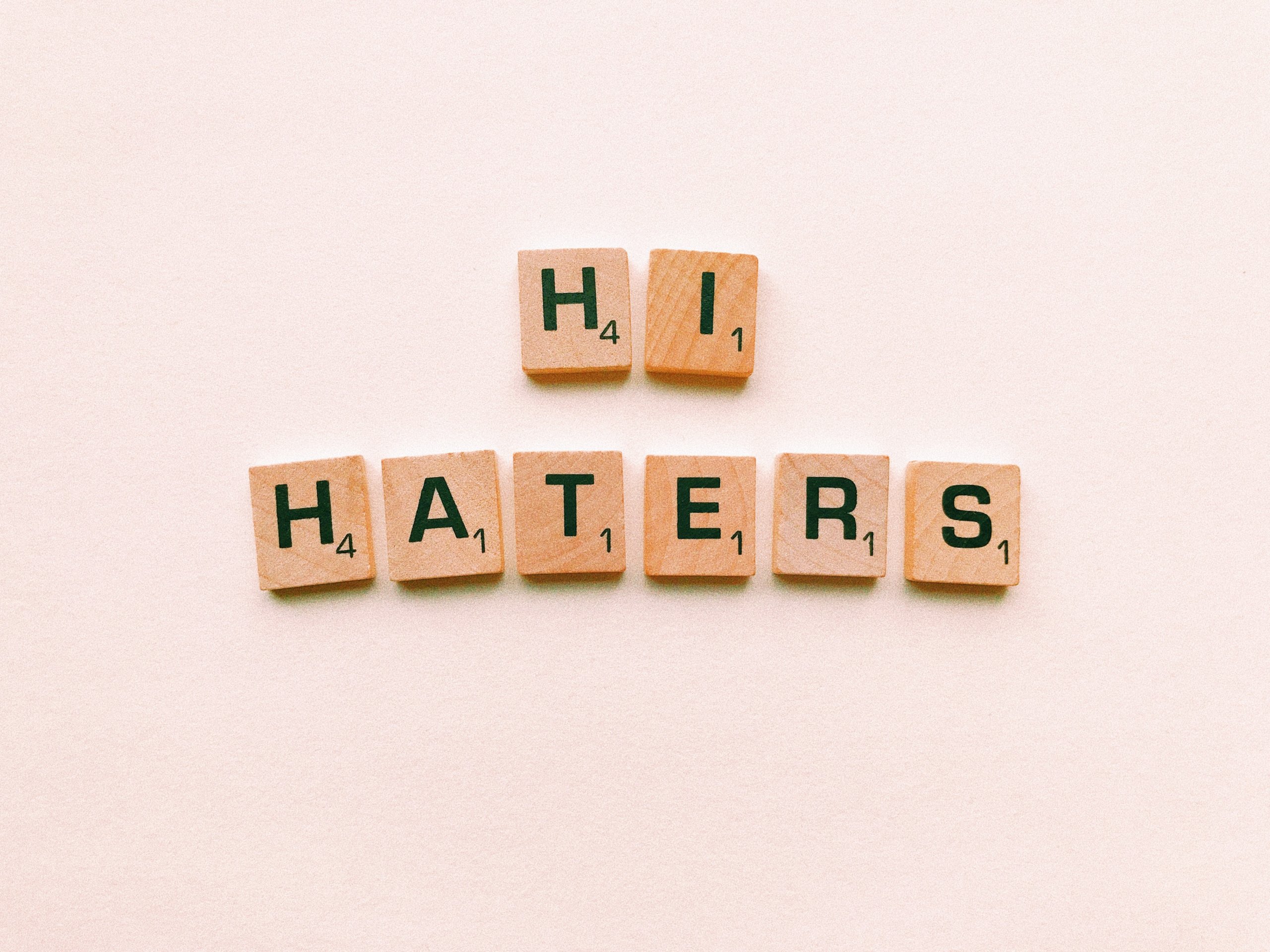How can you defend yourself against trolls and hate?
How can you defend yourself against trolls? How can you respond to negative opinions on the web? What should you do when somebody slanders your company on the Internet? There is no universal answer nor solution. However, there are a few proven rules to follow that you can read about below.
Read carefully, examine the context and consider your response.
Reading a piece of text that includes content that is critical for you (or maybe just unflattering) just once is definitely not enough. Take a deep breath and start once again, from the top. And then again. Realize that criticism is not the same as crisis and not every critical opinion can be referred to as hate.
Consider how someone who has never heard about your company might interpret this content and how you interpret it. Does the publication include completely false information or maybe just a distortion? If the latter is the case, consider this before you answer. Insofar as an answer is even necessary, because this decision also requires consideration.
Don’t react emotionally, don’t play it down and don’t pretend that nothing happened
In any case, don’t reply under the influence of emotions. One deep breath is also usually not enough to ensure a fully professional response. If you can, consult someone objective. If this person had experiences with similar situations in the past – even better. They will advise what you can do to make sure that a Facebook post does not trigger a crisis, which can hurt your business in the long run. Generally, anger is never a good adviser.
You may also be interested in:Misinformation and Fake News – How to Spot Them
Keep your language… in shape.
Try to stick to your normal form of expression, without falling into corpospeak, but also don’t go to extremes, fraternizing by force with the authors of critical publications. Your form of expression should encourage dialogue and also set a certain level of communication. In your reply, respect all public conversation standards. Someone effs and blinds? Ask for a civilized conversation, but only once. Follow the simple rule that using curses despite requests for keeping your dialogue civilized ends a conversation and entitles you to interfere in the content of the publication. Without any remorse you can archive content that includes slander, defamation, or approval of violence. Freedom of speech cannot be used to harm, even if a mistake was made.
Initiate contact and if the breach is clear – apologize
Answer objectively and politely, and if necessary – apologize for the situation. This is said to be the hardest part of crisis management. Most of us are afraid that apology equals admission od guilt. That is not true. First of all, it is an expression of good intentions and willingness to reach an agreement. Apology is intended to express empathy, so you a phrase like “I’m really sorry” will achieve just that. The primary goal is to cover up the bad impression and show the company’s “human face”. If you are going to improve the relationship with a person who posted a reasoned critical opinion, try to make up for whatever wrong was done. You can do it just by preparing yourself and publishing something that might lift their mood or by offering freebies or discounts.
Read also: Three proven ways to fight procrastination.
Continue communication in PM
No matter whether the criticism is justified or not – communication should continue with respect for the privacy of both sides. Sharing further communication publicly is definitely not worth it, also because it might contain identifiable information. The more complex the matter is, the better it would be settled one-to-one. An additional advantage – individual contact usually makes people less “bold”, the temperature of disputes drops quickly and any criticism is often reduced to specific arguments.
Maybe you shouldn’t defend yourself at all? Dogs will keep on barking and life is so short…
If, despite taking the steps above, the other side still pours out hate on you and publishes unjustified opinions about your company or you, just ignore them. Don’t write back, don’t comment, just don’t react in any way. You cannot change the world and there will always be people who enjoy others’ frustration. However, seemingly failing to react does not mean lack of vigilance. You should follow or monitor controversial threads and – if necessary – react to substantive statements.
One more request to wrap things up. If your mistake sparked off negative opinions and comments online, you should always analyze what specifically caused them, draw conclusions and make changes.Your environment will forgive one slip-up, but if you make the same mistakes all the time, don’t expect understanding. Learn from mistakes – both your own and those of others. Follow the competition and analyze their mistakes. You’ll save yourself a lot of time and nerves and… you will gain an advantage.
Are you looking for comfortable office space? Click here and check out the Solutions.Rent’s offices.




